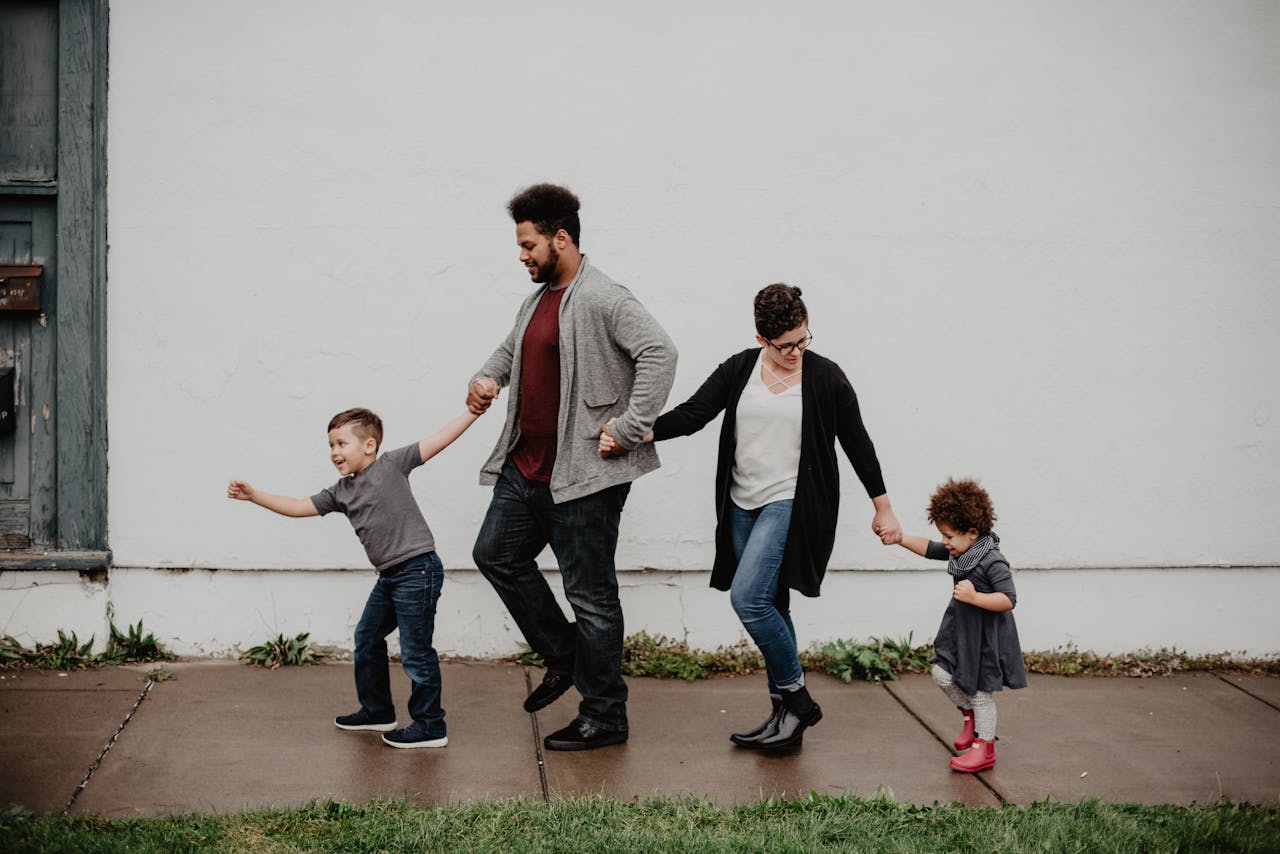Introduction
Being diagnosed with cancer is a life-altering experience that not only affects the patient but also profoundly impacts their loved ones. The emotional journey through cancer can be overwhelming, marked by a whirlwind of feelings including fear, anger, sadness, and hope. Navigating these emotions is crucial for maintaining mental health and well-being during this challenging time. In this blog post, we’ll explore various coping strategies for cancer patients and their families to help them manage the emotional toll of the disease.
Understanding the Emotional Impact
The emotional impact of a cancer diagnosis can vary greatly from person to person. Common feelings include:
- Fear and Anxiety: Worries about the future, treatment outcomes, and potential changes in lifestyle.
- Anger: Frustration about why this is happening and the unfairness of the situation.
- Sadness and Depression: Mourning the loss of health and the changes cancer brings to life.
- Hope: Belief in the possibility of recovery and finding strength to fight the disease.
Recognizing and acknowledging these emotions is the first step toward managing them.
Coping Strategies for Patients
- Seek Professional Help:
- Therapists and Counselors: Professional mental health support can provide a safe space to express feelings and develop coping mechanisms.
- Support Groups: Joining a cancer support group can offer a sense of community and shared understanding, reducing feelings of isolation.
- Stay Informed:
- Understanding the disease, treatment options, and prognosis can reduce fear of the unknown. Reliable information empowers patients to make informed decisions about their care.
- Practice Mindfulness and Relaxation Techniques:
- Techniques such as meditation, yoga, and deep-breathing exercises can help manage stress and anxiety.
- Maintain a Healthy Lifestyle:
- Regular physical activity, a balanced diet, and adequate sleep can improve overall well-being and enhance resilience.
- Express Yourself:
- Journaling, art, or music can be powerful outlets for expressing emotions and processing experiences.
Coping Strategies for Families
- Open Communication:
- Encourage open and honest conversations about fears, hopes, and needs. This helps in understanding each other’s perspectives and providing better support.
- Educate Yourself:
- Learn about the patient’s specific type of cancer and treatment plan. Being informed helps in offering practical and emotional support.
- Take Care of Your Own Well-being:
- Caregivers need to take care of their physical and emotional health to be able to support their loved ones effectively. Regular breaks, hobbies, and self-care activities are essential.
- Build a Support Network:
- Lean on friends, family, and community resources. Accepting help can ease the burden and provide emotional relief.
- Professional Guidance:
- Family therapy or counseling can help manage the stress and emotional strain of caregiving, fostering a supportive environment for everyone involved.
Conclusion
The journey through cancer is undeniably challenging, but with the right coping strategies, patients and their families can navigate the emotional landscape more effectively. Seeking support, maintaining open communication, and taking proactive steps towards emotional well-being can make a significant difference in handling the ups and downs of this journey. Remember, it’s okay to ask for help and take one day at a time.
